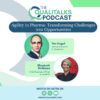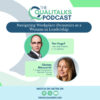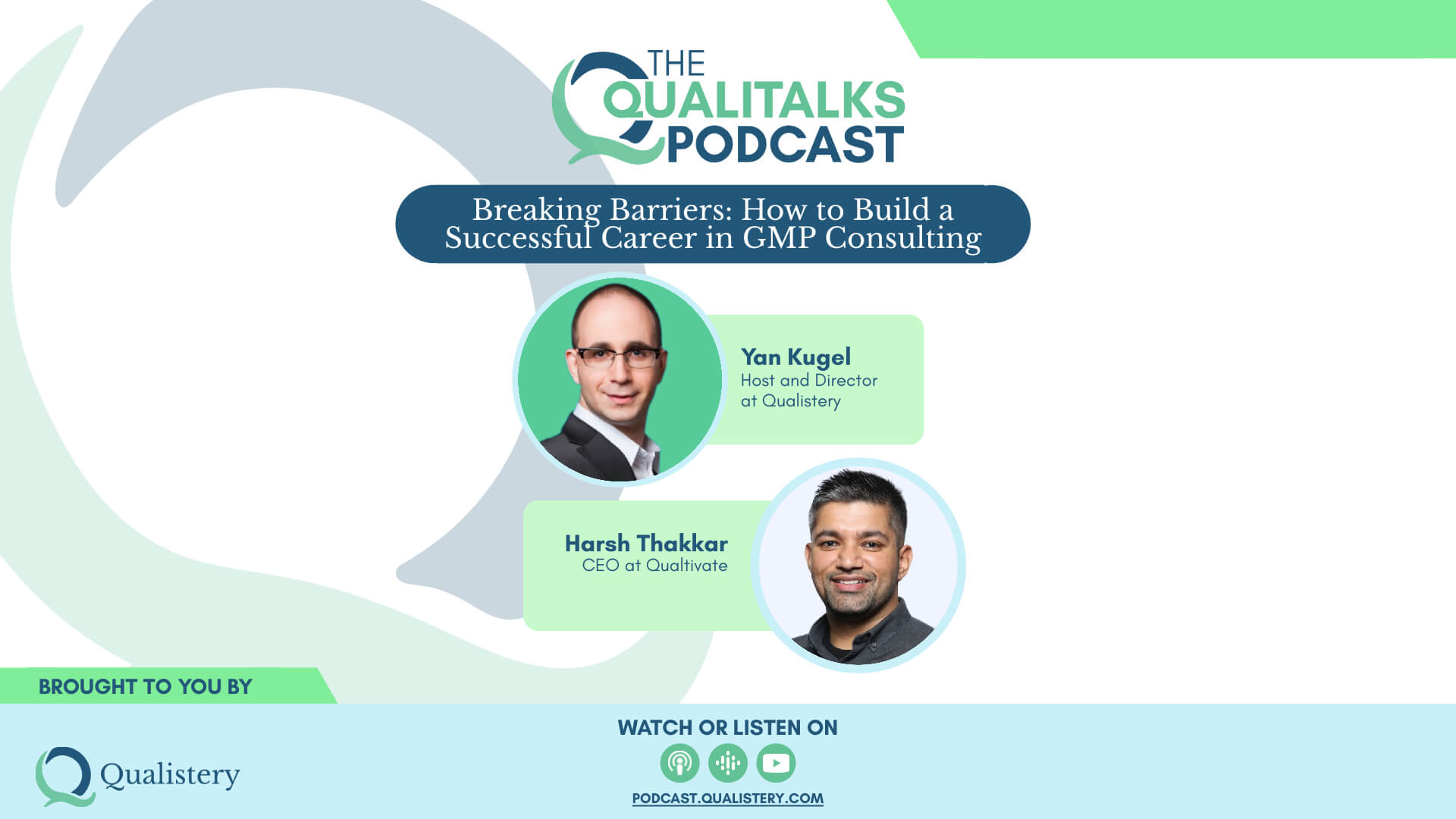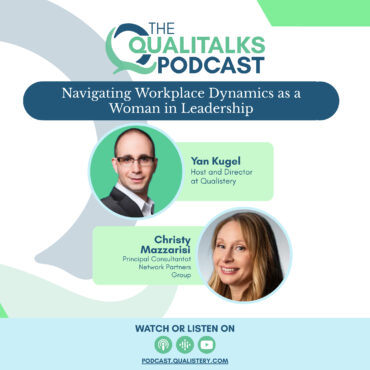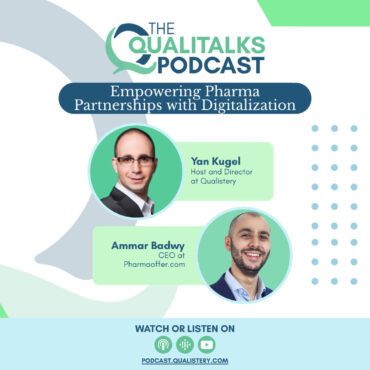
Empowering Pharma Partnerships with Digitalization [Ammar Badwy]
Explore digitalization in the pharma industry with Yan Kugel from Qualistery and Ammar Badwy from Pharmaoffer. Gain insights into trends in the API market, the impact of the pandemic, and […]

